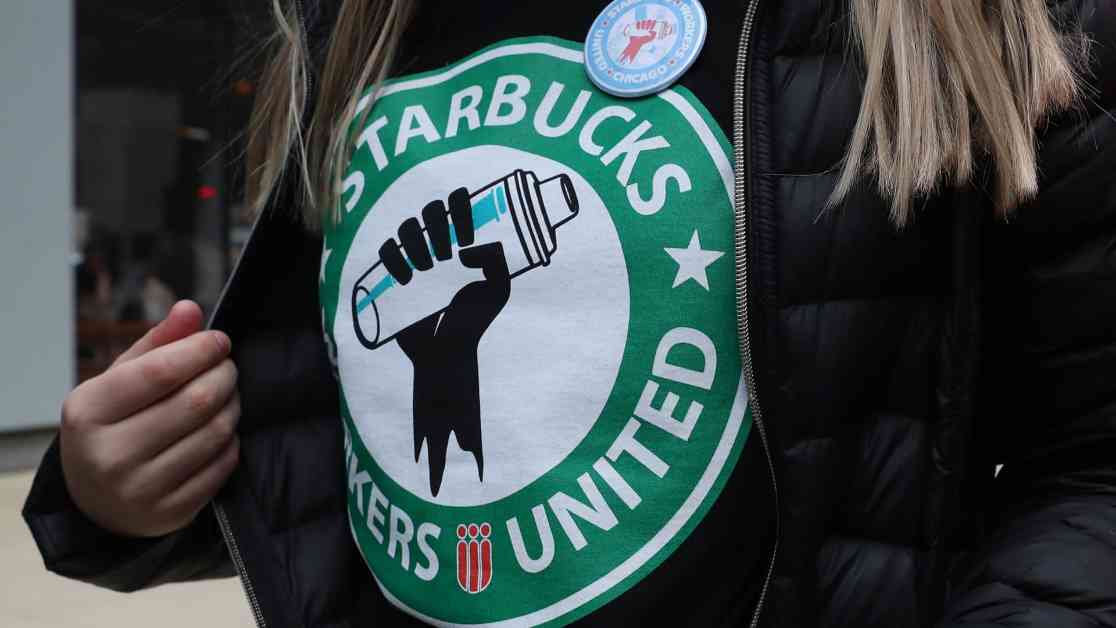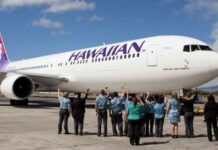Starbucks CEO Brian Niccol Commits to Collaboration with Union in Ongoing Discussions
Starbucks CEO Brian Niccol has pledged to work collaboratively with the union that represents many of its baristas as they continue negotiations to establish a labor deal. In a letter obtained by CNBC, Niccol expressed his respect for the right of Starbucks partners to choose union representation through a fair and democratic process. He emphasized his commitment to engaging constructively and in good faith with the union and the partners it represents.
The recent exchange between Niccol and the Starbucks Workers United bargaining delegation comes ahead of another bargaining session between the coffee chain and the union. Both parties are focused on creating a framework that will serve as the basis for collective bargaining agreements between individual stores and the company. The union has outlined key priorities such as fair scheduling, a living wage, and promoting racial and gender equity.
In their letter to Niccol, the bargaining delegation highlighted the importance of reaching a foundational agreement that aligns with the values of Starbucks customers and future generations. This emphasis on social responsibility and fair labor practices underscores the significance of the ongoing negotiations between the company and the union.
History of Unionization Efforts at Starbucks
The journey towards unionization at Starbucks began three years ago when baristas started organizing under Workers United, a branch of the Service Employees International Union. Over the following two and a half years, Starbucks faced challenges in responding to the union push, leading to a series of conflicts that played out in the public eye through headlines, social media, and legal battles.
However, a pivotal moment for both Starbucks and the union occurred six months ago when they agreed to collaborate on finding a path forward after mediation to resolve lawsuits stemming from social media posts made by the union. This shift towards cooperation marked a significant turning point in the relationship between the company and its employees seeking union representation.
Niccol, who recently assumed the role of CEO at Starbucks, brings a fresh perspective to the union discussions. During his tenure at Chipotle Mexican Grill, only one location successfully unionized in Lansing, Michigan. Notably, Chipotle faced criticism for closing a restaurant in Augusta, Maine, following unionization efforts, leading to a settlement of $240,000 for former employees. Despite these challenges, Niccol’s leadership at Starbucks signals a new chapter in fostering positive labor relations within the company.
Current Landscape of Union Representation at Starbucks
Today, Workers United represents more than 490 Starbucks cafes and over 10,500 employees across the United States. With Starbucks operating more than 16,700 locations nationwide, the union’s presence continues to grow, representing a significant portion of the company’s workforce. The push for unionization reflects a broader trend in the service industry towards advocating for worker rights and fair treatment.
As negotiations progress between Starbucks and the union, both parties are navigating complex issues such as fair wages, scheduling practices, and diversity and inclusion initiatives. The outcome of these discussions will not only impact Starbucks employees but also set a precedent for labor practices within the broader food service sector. Stakeholders, including customers, shareholders, and advocacy groups, are closely monitoring the developments to ensure that the final agreements align with principles of equity and social responsibility.
In conclusion, Starbucks CEO Brian Niccol’s commitment to collaboration with the union signals a proactive approach towards addressing labor concerns and fostering a culture of mutual respect and dialogue. The ongoing negotiations between Starbucks and Workers United underscore the importance of inclusive decision-making processes and equitable treatment of employees. As the discussions continue, the outcome will shape the future of labor relations at Starbucks and potentially influence industry-wide practices in the service sector.






















